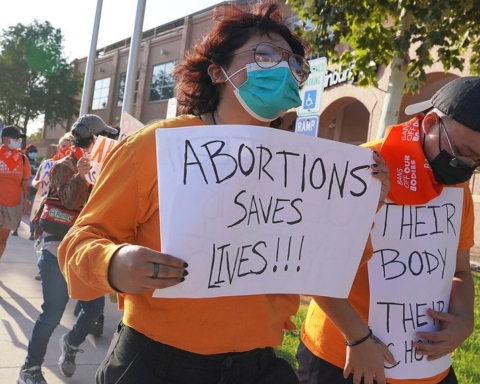Imagine the feeling of growing up in a body that doesn’t reflect the person you are in your heart, having that feeling of being singled out for most of your life and when you are finally accepted for who you are you go to your doctor for a routine check-up and get turned away for it. That is a world that many transgenders are currently facing by being unable to access modern healthcare due to their personal welfare and gender identity.
This year the Trump administration proposed to roll-back healthcare rights that protect against the discrimination of LGBT people and pregnant women under the guise of eliminating billions of dollars in unnecessary costs. The ACA Section 1557 rule has been proposed a revision that redefines sex discrimination which will make it that much more difficult for transgender people to find insurance and affordable healthcare. The rule could allow health care providers the ability to refuse abortion and sterilization procedures in women, also denying treatment and care for AIDS and HIV, hormone therapy, transition-related care, and in-vitro fertilization for women or interfaith couples. To remove these protections from the law will put millions of people at risk when in search of basic healthcare rights.
Many people and organizations have displayed backlash against this type of discriminatory behavior from our current administration and find that it goes against basic human rights. Professionals would argue that providing better education to students in medical fields on LGBTQ topics could be beneficial to protecting humans rights against such discriminations.
Doctor M. Brett Cooper says, “It’s really just trying to educate people that, when you ask questions, for example, about husbands or wives or partners, or if you need to ask about certain private body areas, that you don’t make assumptions about what that person has, and you either leave it open-ended or give that person multiple options.” Cooper led a study in 2018 showing that exposing medical students to LGBT issues through better education are proven to be helpful.
A 2017 survey pointed out that at least 25% of transgenders are uninsured, this roll-back would surely increase these numbers and would increase the dangerous circumstances that LGBT people already face when trying to access basic care needed. Refusal to provide the care for marginalized groups that are needed can often result in larger problems for those not having access that could have easily been avoided with proper care.
If you haven’t been paying attention to what is happening to the protection of the LGBT community please dive into some of the topics and barriers that they have been faced with, trans people are humans that have rights and deserve protection to the right to accessible healthcare.
By Amelia Davis







